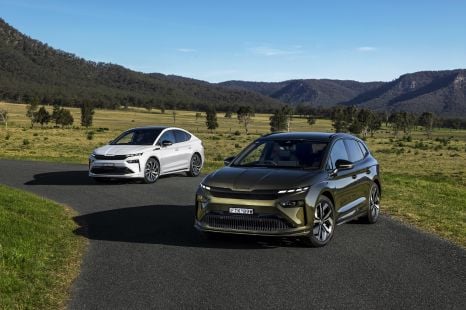

Max Davies
Skoda aiming for Tesla with new electric SUVs
7 Hours Ago
Citroen’s Chinese joint venture partner is reportedly bypassing sanctions by exporting dozens of vehicle knockdown kits to Russia.

Contributor
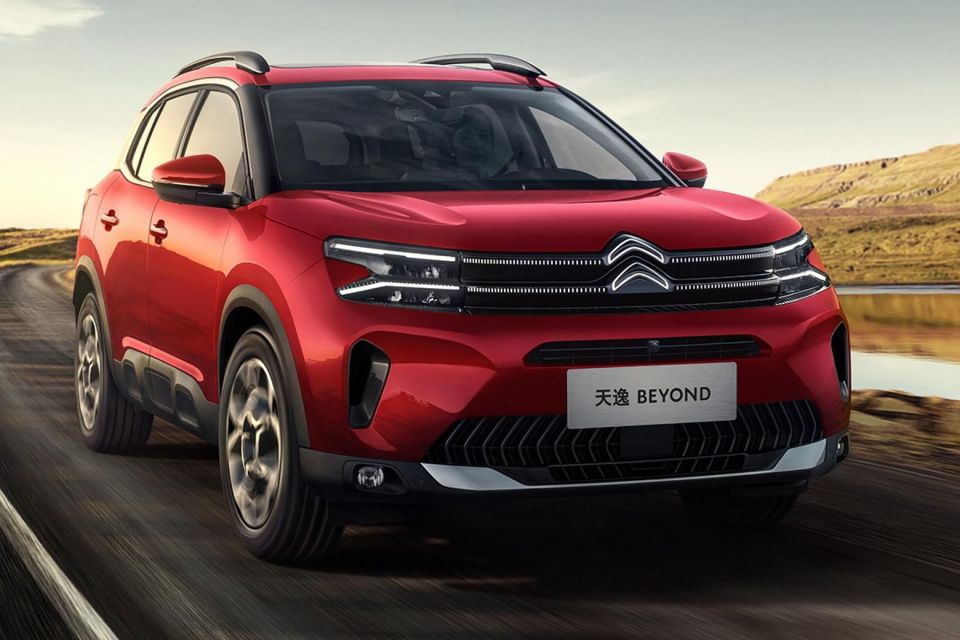

Contributor
A new report has claimed Russia is circumventing Western sanctions – imposed following its invasion of Ukraine two years ago – by building Citroens with assistance from China.
News outlet Reuters reports customs data and two insider sources have shown the Dongfeng Motor Group, a Chinese partner of French brand Citroen, imported 42 knockdown kits of the C5 Aircross – marketed as the Tianyi Beyond in China – into Russia in December 2023.
United Automotive Technologies, a Russian parts manufacturer owned by truck giant Kamaz, is reportedly utilising a factory which belongs to Citroen’s parent company Stellantis to assemble the kits, which are then being sold to local customers.
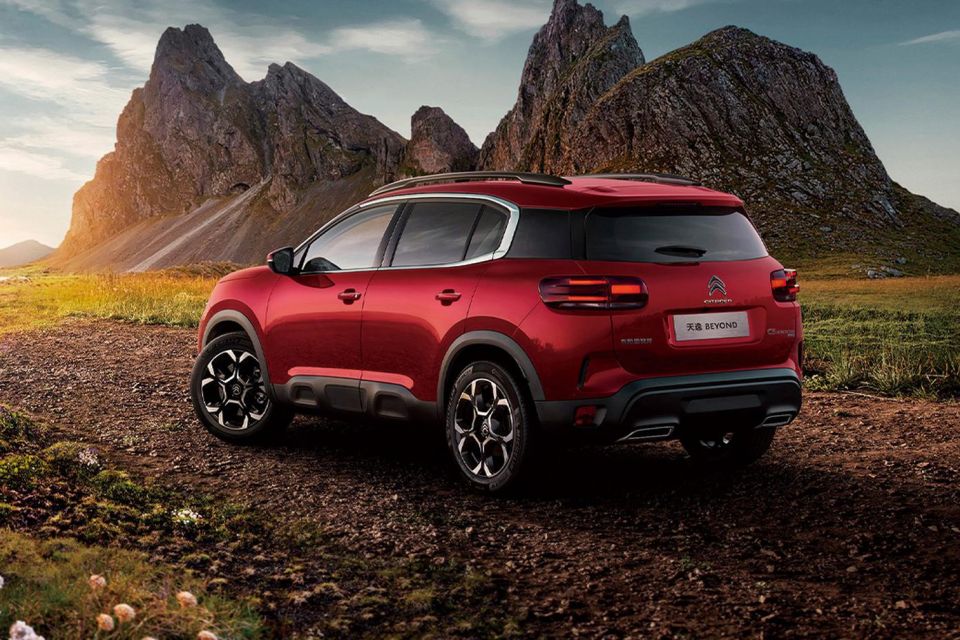
It’s not known if examples of the Citroen C5 Aircross being assembled in Russia are equipped with parts made in countries with sanctions against the nation.
A Stellantis spokesperson told Reuters it had “lost control of its entities in Russia” at the start of 2024, having suspended its operations in April 2022.
Stellantis’ Russian factory in Kaluga – approximately three hours south of Moscow – was established in 2008 as a joint partnership between Citroen and Peugeot (operating as the PSA Group, with a 60 per cent ownership stake in the facility) and Mitsubishi (40 per cent ownership).
A Stellantis spokesperson told Reuters it had lost 144 million euros – equivalent to $238 million in Australian currency – following its suspension of production in Russia and subsequent departure from the market.
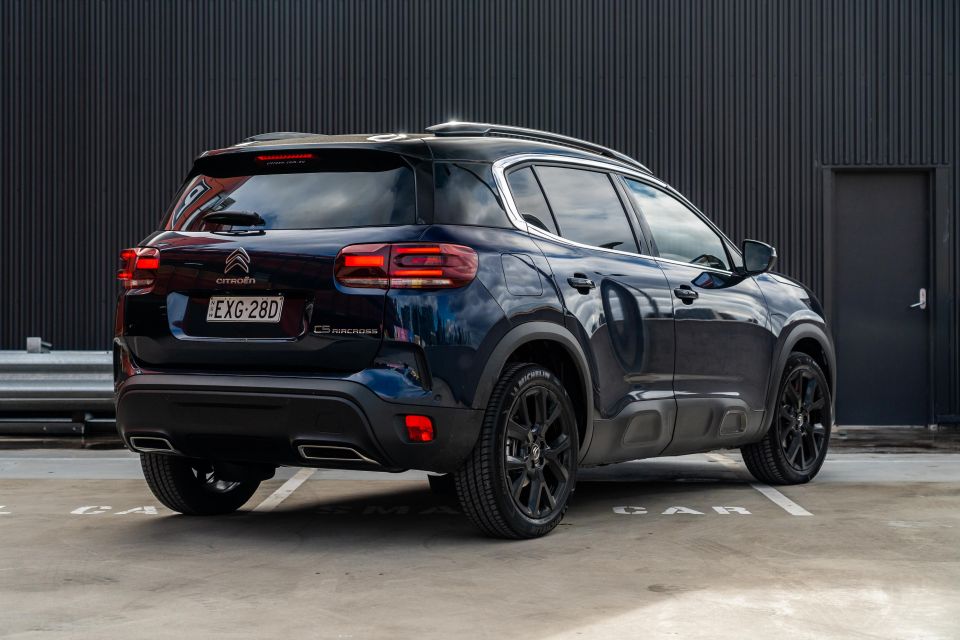
In the weeks following Russia’s invasion of Ukraine in February 2022, carmakers Volkswagen, Toyota, Ford, Mercedes-Benz, Honda, BMW, Nissan, Renault and Hyundai suspended their Russian operations, citing parts supply interruptions caused by Western sanctions.
All of the aforementioned brands have since sold their Russian assets, each taking losses and – in some cases – selling off plants for mere cents.
While new car sales in Russia have taken a dive with no Western manufacturers producing or importing vehicles locally, it has presented a unique opportunity for China – which has not sanctioned the nation – to capitalise on the sparse market.
China became the world’s largest vehicle exporter in 2023, largely driven by Russian imports which peaked at 56 per cent of sales in the market.
Where expert car reviews meet expert car buying – CarExpert gives you trusted advice, personalised service and real savings on your next new car.
Born and raised in Canberra, Jordan has worked as a full-time automotive journalist since 2021, being one of the most-published automotive news writers in Australia before joining CarExpert in 2024.


Max Davies
7 Hours Ago
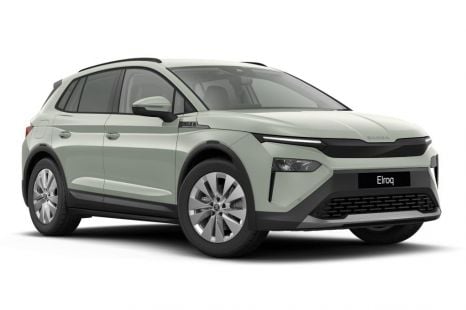

Max Davies
7 Hours Ago


Ben Zachariah
8 Hours Ago


William Stopford
8 Hours Ago
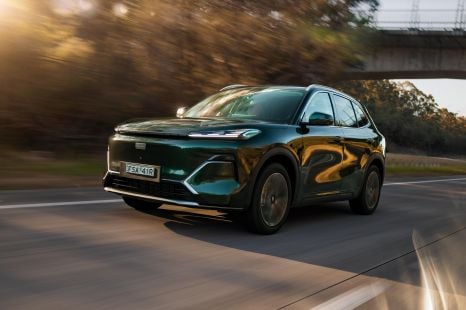

James Wong
12 Hours Ago
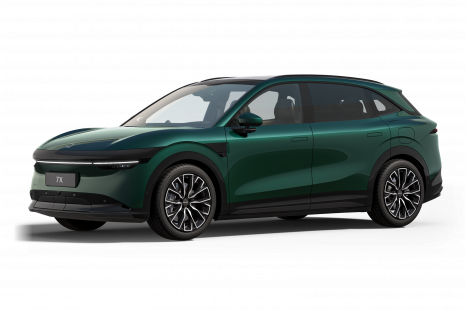

Damion Smy
14 Hours Ago